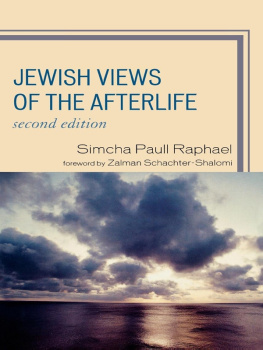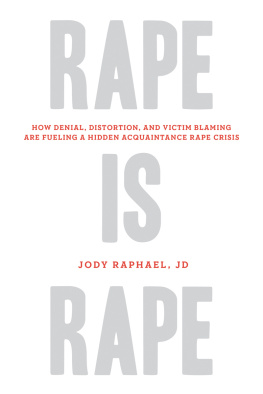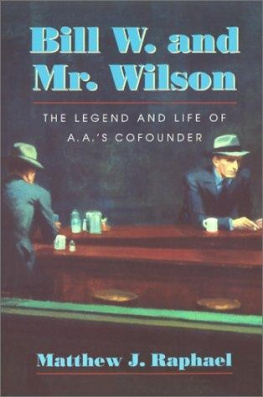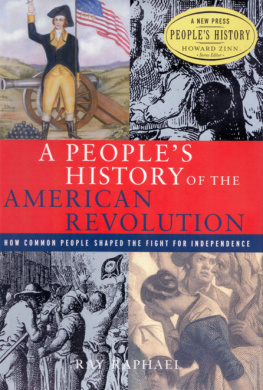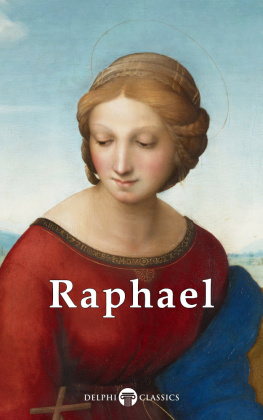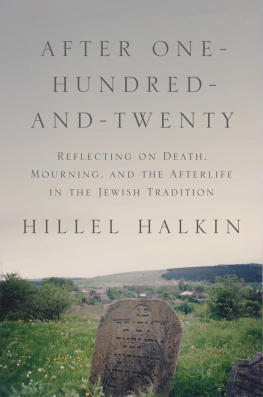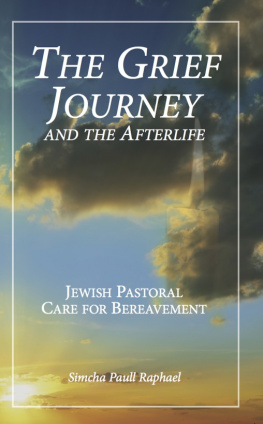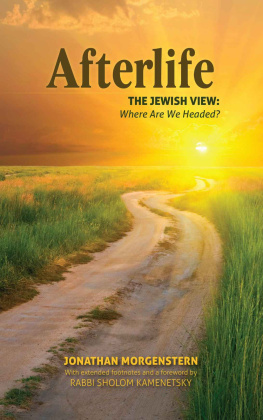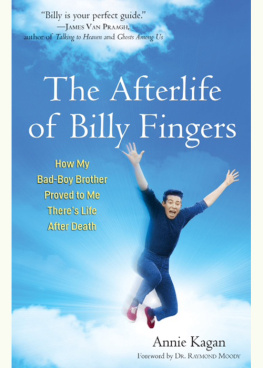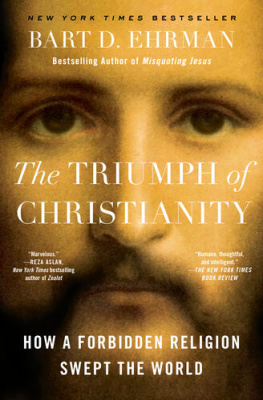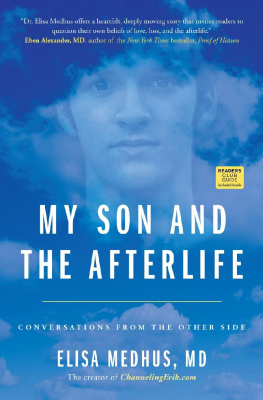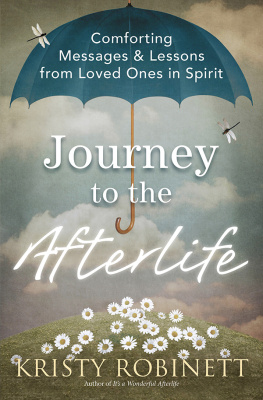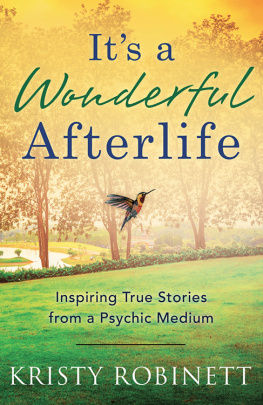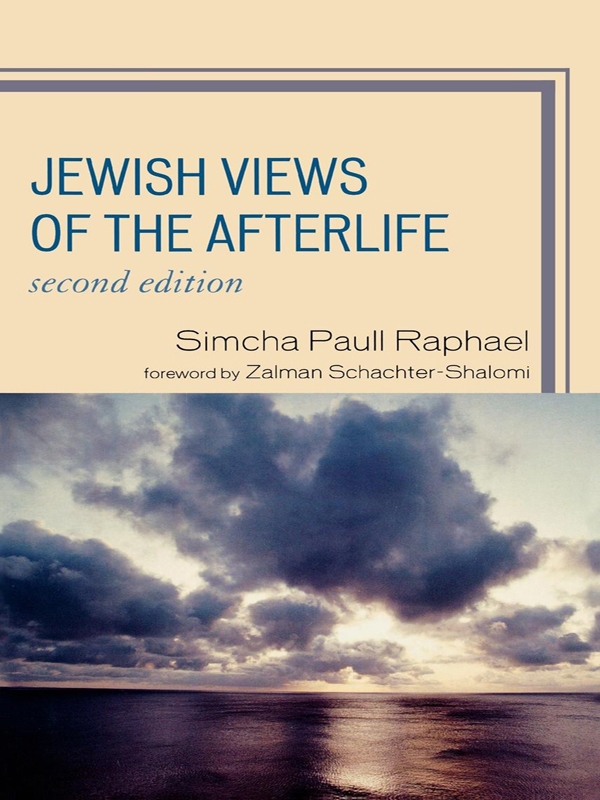An earlier version of this chapter was published as Is There Afterlife after Auschwitz? Reflections on Jewish Views of Life after Death in the Twentieth Century in JudaismA Quarterly Journal of Jewish Life and Thought and Response 41:4 (Fall 1992): 346-360.
This story is found in Stephen Levine, Who Dies? An Investigation of Conscious Living and Conscious Dying (Garden City, NY: Anchor Books, 1982), p. 272.
Quoted in Jean Herschaft, Patient Should Not Be Told of Terminal Illness: Rabbi, The Jewish Post and Opinion, 13 March 1981, p. 12.
There is a rabbinic teaching that proclaims: Better is one hour of bliss in the World to Come than the whole of life in this world. However, this statement is immediately followed by the claim, Better is one hour of repentance and good works in this world than the whole life of the World to Come (M. Avot 4:17). The juxtaposition of these two ideas in the same place serves to emphasize that embodied, physical plane life does have a primary value in the Jewish schema of things.
Abraham Joshua Heschel, Death as Homecoming, in Jewish Reflections on Death, ed. Jack Riemer (New York: Schocken Books, 1974), p. 73.
Aaron Berechia ben Moshe MiModina, Maavor Yabok (Bnai Brak: Yishpah, 1967).
Jacob R. Marcus, Communal Sick-Care in the German Ghetto (Cincinnati: Hebrew Union College Press, 1947), pp. 229-230.
Menasseh ben Israel, Nishmat Hayyim (New York: Sinai Offset, n.d.; originally published in 1651).
For biographical information, see Cecil Roth, A Life of Menasseh ben Israel (Philadelphia: Jewish Publication Society, 1934).
Dante Alighieri, The Inferno, trans. John Ciardi (New York: New American Library, 1954); The Paradiso, trans. John Ciardi (New York: New American Library, 1961); The Purgatario, trans. John Ciardi (New York: New American Library, 1961).
Dov Yardin, ed., Mahbarot Immanuel HaRomi, vol. 2 (Jerusalem: Mosad Bialik, 1954), pp. 511-554.
This is not only a problem of language; it is more complex, as we will see. Even in modern-day Israel, where Hebrew is the predominant language, it is often difficult to find in bookstores copies of medieval texts on life after death. And topics such as the souls postmortem destiny, Gehenna, Gan Eden, and reincarnation are not high on the agenda in the Orthodox, yeshivah world.
See Theodore J. Lewis, Cults of the Dead in Ancient Israel and Ugarit (Atlanta: Scholars Press, 1989), pp. 99181.
R. H. Charles, Eschatology: The Doctrine of a Future Life in Israel, Judaism and Christianity (New York: Schocken Books, 1963), pp. 19-20. Origin-nally published in 1899, Charless book is one of the classic studies of afterlife teachings in biblical times.
Herschel J. Matt, An Outline of Jewish Eschatology, Judaism 17:2 (Spring 1968): 186-196.
Moses Maimonides, Mishneh Torah, vol. 1: The Book of Knowledge, trans. and ed. Moses Hyamson (Jerusalem: Boys Town Publishers, 1965), p. 91a.
Maurice Lamm, The Jewish Way in Death and Mourning (New York: Jonathan David, 1969), p. 225.
Leo Baeck, The Essence of Judaism, trans. Victor Grubenwieser and Leonard Pearl (New York: Schocken Books, 1948, 1976), p. 185.
Sir George James Frazer, The Belief in Immortality and the Worship of the Dead, 3 vols. (London: Dawsons, 1968).
A. Rust, Der primitive Mensch, quoted in Hans Kung, Eternal Life? trans. Edward Quinn (Garden City, NY: Doubleday, 1974), p. 51.
Ian Wilson, The After Death Experience (New York: William Morrow, 1987), pp. 7-26.
See Mircea Eliade, Death, Afterlife and Eschatology (New York: Harper & Row, 1967, 1974), and Stanislav and Christina Grof, Beyond DeathThe Gates of Consciousness (New York: Thames and Hudson, 1980).
Bertrand Russell, Why I Am Not a Christian (London: Unwin Paperbacks, 1957), p. 45.
Quoted in John Bowker, The Meanings of Death (New York: Cambridge University Press, 1991), p. 6.
Max Schur, Freud: Living and Dying (New York: International Universities Press, 1972), p. 136.
Sigmund Freud, The Future of an Illusion (Garden City, NY: Anchor Books, 1961; originally published 1927).
Sigmund Freud, Totem and Taboo, in Standard Edition of the Complete Psychological Works of Sigmund Freud, trans. and ed. James Strachey (London: Hogarth Press, 1953-1974), 13:1-161; quoted in Schur, Freud: Living and Dying, 298.
Sigmund Freud, Thoughts for the Times on War and Death, Standard Edition 14:273302.
Allan Arkush, Immortality, in Contemporary Jewish Religious Thought, ed. Arthur A. Cohen and Paul Mender-Flohr (New York: Scribners, 1987), pp. 479482.
Hermann Cohen, Religion of Reason out of the Sources of Judaism, (1971), p. 308; quoted in Arkush, Immortality, p. 481.
Quoted in Arkush, Immortality, p. 481.
Kenneth L. Woodward, Heaven, Newsweek, 27 March 1989, pp. 52ff.
See Arthur Waskow, These Holy SparksThe Rebirth of the Jewish People (New York: Harper & Row, 1983). See also David Teutsch, ed., Imagining the Jewish Future: Essays and Reponses (New York: State University of New York Press, 1992).

